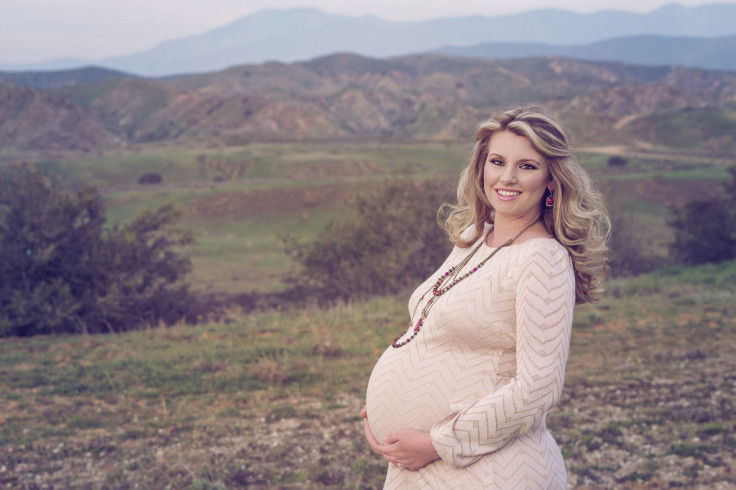Women Giving Birth Later Than Ever: Average Age Of First Time Moms Rises To 26 In The U.S.

Women are waiting longer than ever before to have their first child, according to the National Center for Health Statistics, which found the age of first-time mothers in the U.S. continues to rise.
On average, women were becoming mothers at 26.3 years of age in 2014, up from the age of 24.9 in 2000, according to government data released Thursday. The report tracks the ages of mothers back to 1970, where the average age of a U.S. woman at first birth was just 22. The change, though it may seem small to many, matters.
“It doesn’t sound like a big change,” T.J. Mathews, a demographer at the National Center for Health Statistics told NPR. But, he explained, the shift is an indicator of some important trends.
Notably, the increase occurred across all racial and ethnic identities to some degree, along with all states. Women who were Native American/Alaska native or Mexican had the lowest average age at first birth, at 23 and 24, while women of Asian or Pacific Island descent had the highest average age of first birth, at close to 30.
Researchers point to a decrease in teen moms as one force pulling the average up — over the past 15 years, the percentage of first-time moms younger than 20 years of age dropped from 23 to 13. Bill Albert, of the National Campaign to Prevent Teen and Unplanned Pregnancy cites "less sex and more contraception" are the main contributors to the drop, noting that it is not due to an uptick in abortions — that rate has decreased since the 1990s as well.
Though a drop in unplanned pregnancies is a great victory, the changes in the age of motherhood are important because having a baby later in life can affect population, overall family size, and the health of both mother and child. Women over 35 have a higher-than-average risk of pregnancy complications, including birth defects, and could develop other conditions, such as high blood pressure and diabetes. Experts say it’s great contraception and reproductive technology are allowing women more flexibility in choosing when to become pregnant, but add that mothers approaching 40 should be aware of and prepare for possible risks.
The trend of older first-time mothers will likely continue, according to Mathews, who says teen pregnancies continuing to decline and continuing births to older moms would keep it going. Internationally, the U.S. is nowhere near the top of the list of countries with high age-at-first-births. In some countries, like Greece, Australia, and South Korea, that average is over 30 years old.
Published by Medicaldaily.com



























